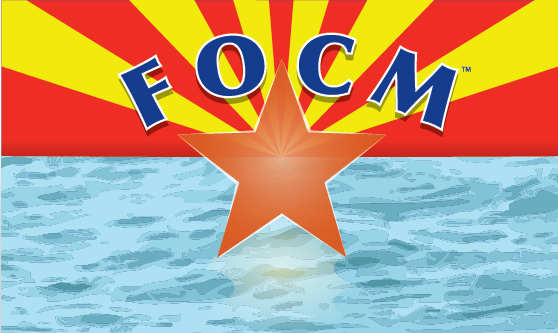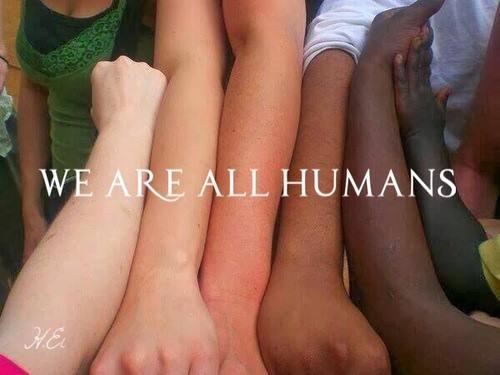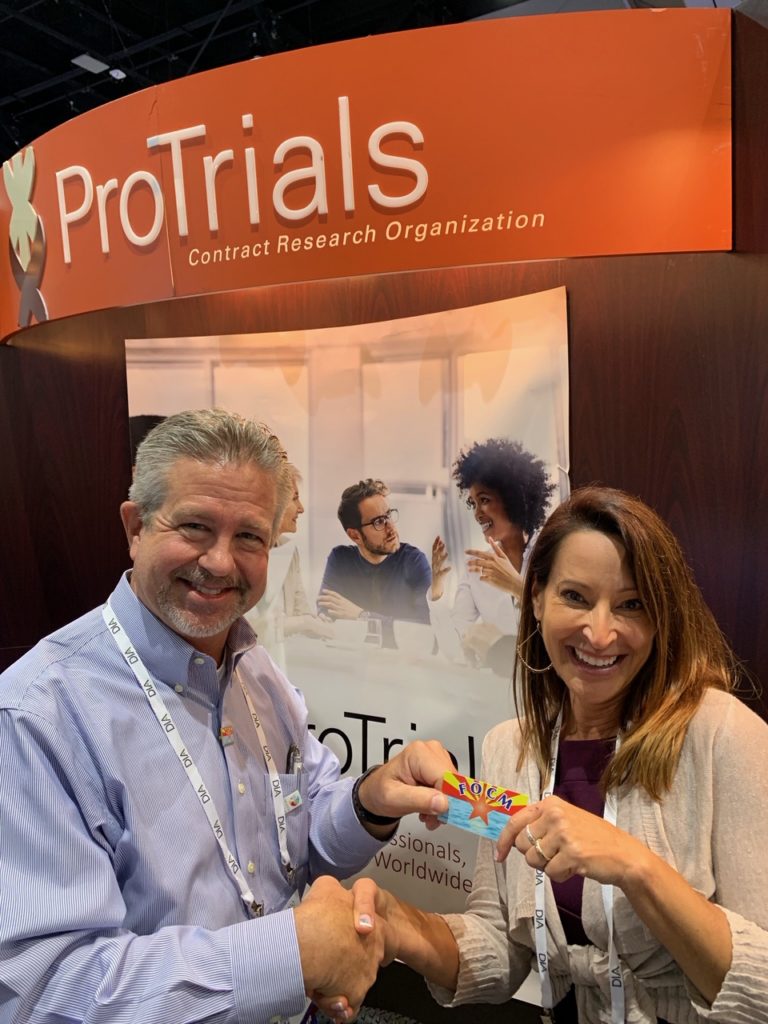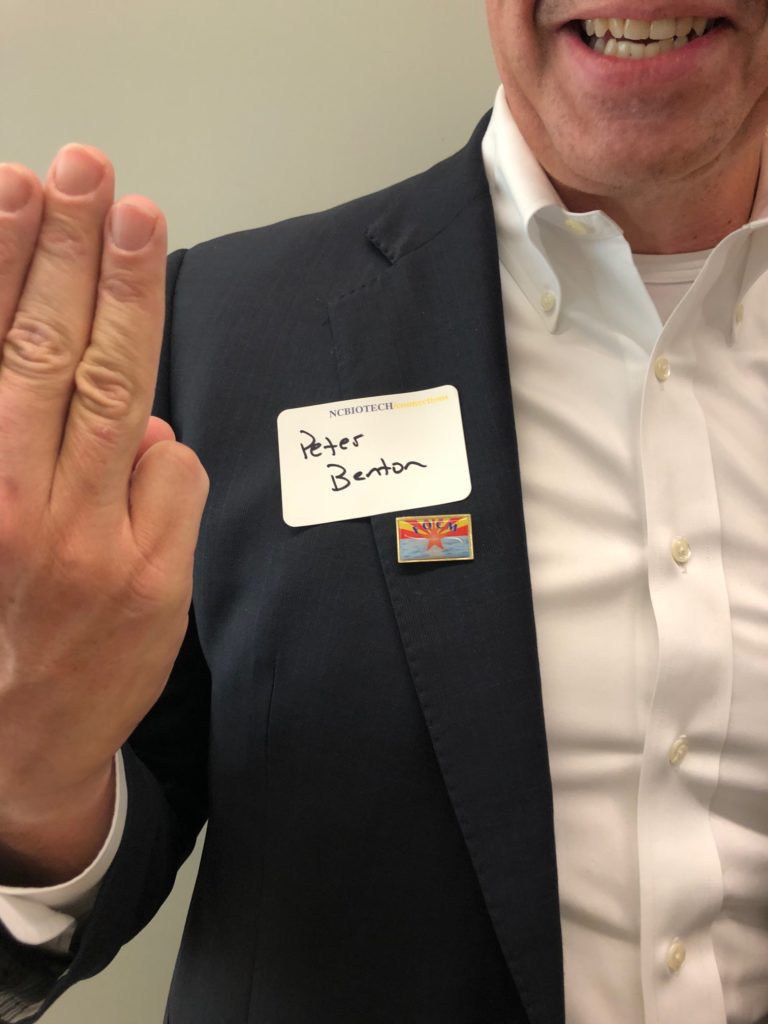Over the years, I have read a lot of self-help books, listened
to tapes and podcasts. At this point in
my career, I thought I didn’t need to read those any more as, at this point, I
am who I am.
Reading this article reminded me that there is much value in the attitude and approach of continually learning. As my friend, Martin Cleary has said repeatedly: be in knowledge acquisition mode. This article also reinforces the power of words on personal actions. Jeff Haden is the author. https://www.inc.com/jeff-haden/stop-using-i-start-using-this-word-instead-you-can-improve-performance-reduce-stress-increase-your-willpower-endurance.html?cid=landermore
I recommend you read the entire article. I’ve briefly selected a couple of simple yet
powerful points:
Research
has proven that some forms of self-talk are effective. For example there is a difference between
saying “I can’t,” and, “I don’t,” to yourself.
One group
was given a simple temptation and told to say, when tempted, “I can’t do
(that).” The other group was told to say, “I don’t do
(that).”
Here’s
what happened:
- Participants
told to say “I can’t” gave in to the temptation 61 percent of
the time.
- Participants
told to say “I don’t” gave in to the temptation 36 percent of
the time.
Simply
switching one word, “don’t” for “can’t,” made participants
twice as likely to stay the course.
Then the
researchers conducted a second experiment: Participants were told to set a
personal long-term health and wellness goal. When their initial motivation waned
— as initial motivation always tends to do — one group was told to say,
“I can’t miss my workout.” A second group was told to say,
“I don’t miss my workouts.” The third group, the control
group, wasn’t given a temptation-avoidance strategy.
After 10
days:
- 3
out of 10 control group members stuck to their goal.
- 1
out of 10 “I can’t” group members stuck to their goal.
- 8
out of 10 “I don’t” group members stuck to their goal.
Not only
was “I can’t” less effective than “I don’t”; “I
can’t” was less effective than using no strategy at all.
According
to the researchers:
‘I don’t’
is more persuasive than ‘I can’t’ because the former connotes conviction to a
higher degree.
Or in non
researcher-speak, saying “I can’t,” leads to negotiating with
yourself. “I can’t have dessert… but then again, if I work out later…
or if I skip breakfast tomorrow…”
Once you
start to negotiate with yourself, you need willpower to win that argument.
But
“I don’t” leaves no room for argument. “I don’t”
doesn’t reflect a choice; it states who you are.
One word
makes a huge difference.
Especially
when that word is a pronoun.
The Power of “You”…
Science
shows the difference between using “I” and “you” when you
talk to yourself can be dramatic.
Take public speaking: Research shows that second-person self-talk — saying “You can do this” to yourself instead of “I can do this” – will improve your performance.
And then there’s this: Swapping “you” for “I” can also improve your willpower and endurance. Researchers had participants do a number of 10k cycling time trials. After a baseline was established, researchers encouraged them to frame their self-talk differently.
- Replacing
“I need to keep going” with “You can keep going.”
- Replacing
“No pain, no gain” with “You can work through the pain.”
- Replacing
“I can do this” with “You can do this.”
While the
differences seem insignificant, the results were not: 13 out of 16 participants
rode faster, and the average person’s time improved by 2.4%.
Just by
saying “you” instead of “I.”




